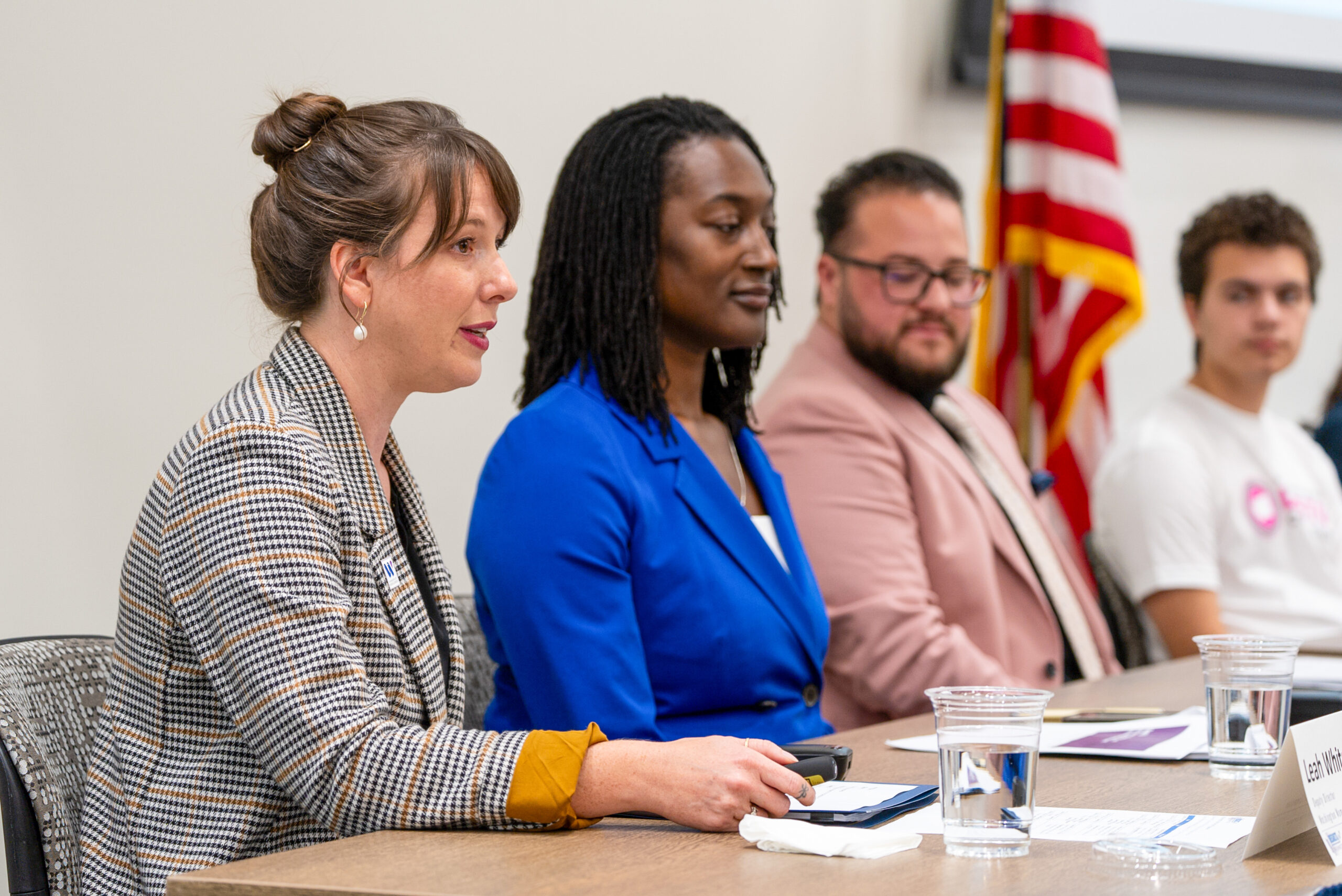Victim Service Providers in Critical Need of Funding
February 4, 2025
What is the Victims of Crime Act (VOCA)?
Established in 1984, the Victims of Crime Act (VOCA) created the Crime Victims Fund, which is financed by fines from federal criminal cases. These funds are distributed to states to support essential services for crime survivors. However, the fund fluctuates annually and has been shrinking in recent years, making it an unreliable source of funding for domestic violence and other victim services.
To compensate for these declines, Washington has used state budget funds, but those resources will run out this summer. Without action, service providers face a 55% funding cut.
Senate Bill 5362 – VOCA Funding
On February 3, 2025, the Washington Senate Law and Justice Committee held a public hearing on Senate Bill 5362, which aims to stabilize funding for victim services and ensure continued access to critical resources.
Advocates, service providers, and survivors testified in support of the bill, highlighting the urgency of the funding crisis. The Washington State Coalition Against Domestic Violence (WSCADV), representing 70 domestic violence programs, emphasized the need for sustained funding, citing the 73,000 hotline calls and 166,000 nights of emergency shelter provided to survivors in 2024 alone.
The Washington State Women’s Commission submitted written testimony in support of SB 5362.
WSWC’s Written Testimony
Given past and ongoing reductions in federal funding, WSWC urges the Legislature to prioritize sustained and increased state funding for crime victim services to ensure continued support for survivors.
For decades, federal resources have played a critical role in supporting victims of crime, ensuring they have access to essential services, legal advocacy, and trauma-informed care. However, with federal funding for victim support programs in decline, Washington must take proactive steps to bridge this gap and prevent disruptions to vital services. Without state investment, service providers face significant cuts, leaving crime victims without the support they need to navigate the aftermath of trauma and seek justice.
Governor Ferguson has emphasized public safety as a priority. A comprehensive approach to public safety includes strong support for victims and survivors in addition to investments in law enforcement. Funding for victim services is a critical component, ensuring that survivors have the resources needed to navigate the criminal legal system and access essential support. As investments are made to strengthen law enforcement capacity, the demand for victim services will also grow. Without corresponding funding for community-based organizations and victim advocacy programs, the system will be out of balance, leaving survivors without adequate resources to heal and rebuild their lives.
Community-based support organizations across Washington state have long provided critical services, including emergency shelter, legal assistance, mental health care, and other support services for victims of domestic violence, sexual assault, and other crimes. Without additional state funding to address the gaps left by decreased federal support, many of these programs will be forced to reduce services or shut down entirely, disproportionately impacting women, children, and communities of color—populations that already face systemic barriers to justice and recovery.
SB 5362 presents an opportunity for the Legislature to reinforce its commitment to crime victims by ensuring that support services remain accessible and effective. WSWC urges the Committee to prioritize funding for victim services alongside investments in law enforcement to create a comprehensive and equitable public safety strategy.
ABOUT THE WASHINGTON STATE WOMEN’S COMMISSION
The Washington State Women’s Commission (WSWC) is an executive branch cabinet agency in the Office of Governor Bob Ferguson serving as the primary voice in government for Washington women and girls. Signed into law in 2018, WSWC aims to improve the well-being of women by identifying and developing policies to remove systemic barriers and address critical issues that disproportionately impact women, including childcare access and affordability, domestic and gender-based violence, equal pay, and intersectional inequities.



